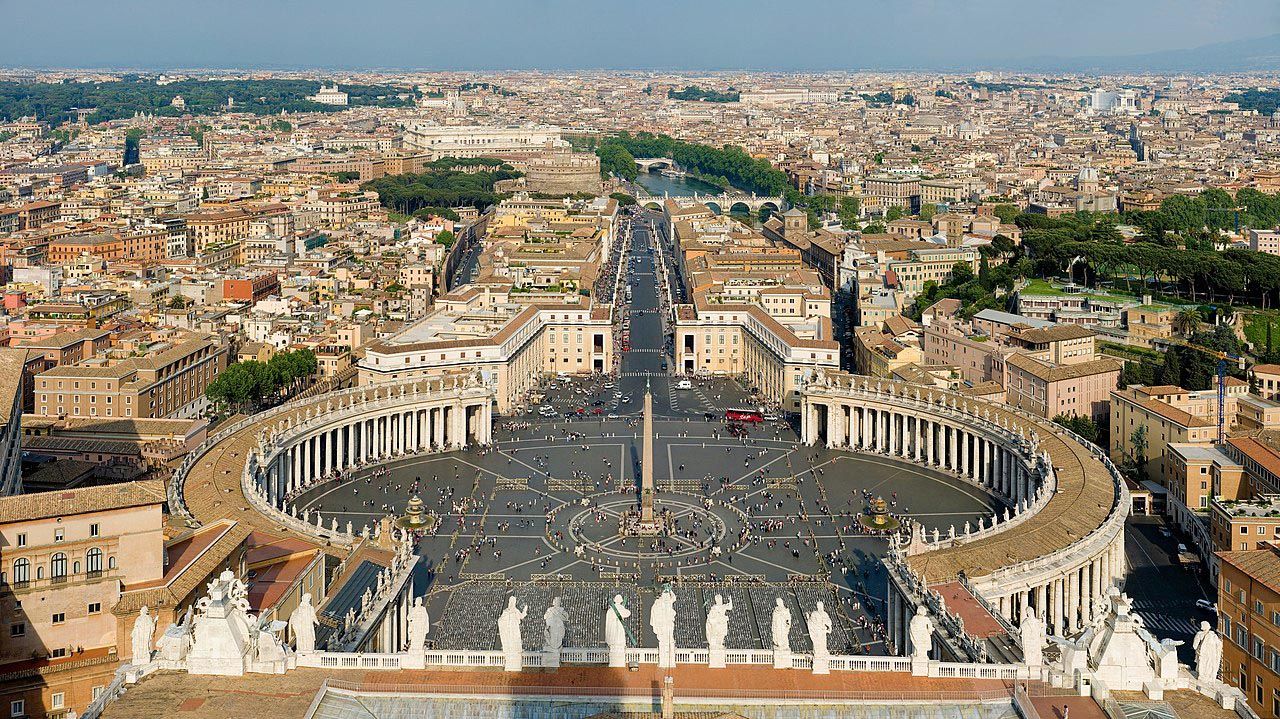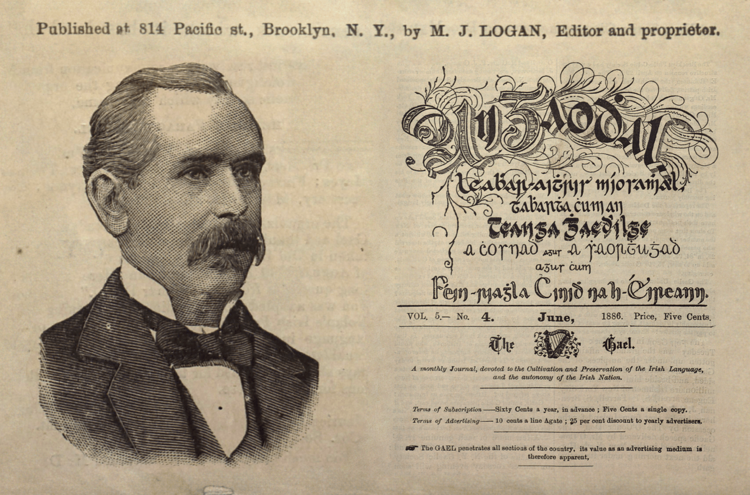The Vatican still names all of its important proclamations in Latin. Rather surprising, I suppose, considering that the now-esoteric language is studied by decreasing numbers.
On December 18th the Vatican published an important document dealing with members living in what they call “irregular” situations. It is named "Fiducia Supplicans" and is subtitled “On the Pastoral Meaning of Blessings.”
This pronouncement somewhat changes the status of divorced and remarried Catholics and also covers people in committed same-sex relationships.
Until now, they were deemed to be outside the full embrace of their church, meeting the criteria for living in sin, according to those who like to use that kind of jargon. In theory, at least, they were excluded from the confession box and the altar rails, unless they abandoned their love relationships.

Pope Francis’ message from the beginning of his papacy claimed that he had no interest in judging any of these so-called irregular church members. Many voices on the right, especially among a vocal minority of priests and bishops, were shocked by this liberal approach by the man occupying the chair of Peter.
They claim that his job involves adjudicating on all major moral issues, especially in the realm of sexuality, where, in their opinion, the world has lost its moral compass.
The December Fiducia document created consternation, especially among the church’s conservative base. The new ruling offered a priestly blessing in certain circumstances to divorcees, men and women in settled romantic relationships, as well as people in same-sex unions.
The department in the Vatican dealing with implementation, the Dicastery for the Doctrine of the Faith, DDF, responded to the loud protestations from various African dioceses by seeking to minimize the changes involved.
Up to this point in time, the Catholic Church has preached from every pulpit that marriage vows are only recognized when they involve a male and a female. Furthermore, the primary purpose of marriage relates to childbearing, although cultivating a mutually loving relationship is stressed more at church nuptials in recent decades.
So, any behavior outside of this marriage model was frowned upon and condemned. Gay marriage, now common and legal in nearly all Western countries, is still strongly opposed in Africa and some countries in Eastern Europe and Asia.
In a recent reflection on this matter, Pope Francis approved of legal protections for these unions, but he went on to explain that his church could never allow any celebration of what it views as an unnatural union.
What does the bible say about the gay lifestyle? Homosexuality is rarely adverted to by the biblical authors, and when mentioned, it is mainly in the context of condemning rape, child molestation, or bestiality, practices that hurt others and compromise a person’s relationship with God.
Jesus never spoke about homosexuality. His focus was on encouraging his audiences to live compassionate, non-judgmental lives, responding to the cries of the disadvantaged and destitute. That is the core Christian message, not focusing on condemning what some people consider sexual aberrations.
While opponents of same-sex marriage say that the Bible condemns lesbian, gay, bisexual, and transgender unions, no biblical verses directly address gay marriage, or condemn committed same-sex relationships. The magnanimous spirit echoing through the New Testament is not congruent with often hostile and hateful rhetoric emanating from many preachers claiming authority in the Catholic and other Christian communities.
Harsh opposition to the new ruling is coming from Africa, where attitudes to the gay lifestyle are similar to what prevailed in the West fifty years ago. Homosexuality is legally prohibited in 32 of the 54 African countries. In Ghana, for instance, the local Catholic Church vociferously supports laws criminalizing gay relationships.
The department in the Vatican dealing with implementation, the Dicastery for the Doctrine of the Faith, DDF, responded to the loud protestations from various African dioceses by seeking to minimize the changes involved.
They distinguish between a formal and ritualized blessing and a pastoral prayer requesting God’s grace, and they advise that the wording should be very brief. Their recommendation suggests that the blessing be limited to ten to fifteen seconds.
They also suggest that this blessing should not take place before the altar, or in any other prominent place in the church building, and that the participants should be casually dressed. Critics are fearful that these new blessings will lead to confusion about sacramental marriage.
The instruction from the DDF mandates that the benediction should not extend to the relationship between the two people involved and that the ceremony (if we can call it that) must culminate with the sign of the cross administered separately to each of the two people, not on them as a couple. After listening to all this nitpicking, one wag suggested that they will need a team of lawyers in the spirit world to validate or reject each blessing.
All these niggardly restrictions attempt to convey that the Vatican has not changed its conviction that a true and valid marriage is restricted to a male and female joining together. Will priests in Germany or Belgium, where they have provided a blessing for gay couples for many years now, tell their recipients that he is really giving them two individual blessings, not a benediction on their committed union?
Ultimately, the decision for change came from Pope Francis who, in his own words, had wearied of playing the role of “judges who only deny, reject and exclude.”
It is surely significant that the LGBTQ+ community will be recognized as part of the Catholic community, assuring them of a valued place in all ceremonies and deliberations.








